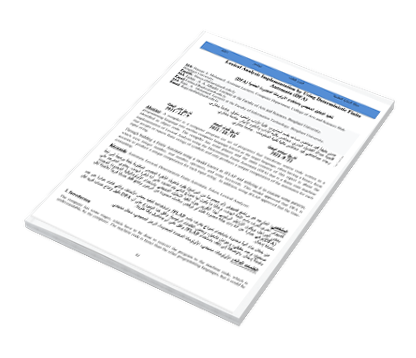Lexical Analysis Implementation by Using Deterministic Finite Automata (DFA)
DOI:
https://doi.org/10.37376/asj.vi3.953Keywords:
Automata, Lexical, Deterministic Finite Automata, Token, Lexical Analyzer.Abstract
A compiler is a computer program (or set of programs) that transforms source code written in a programming language into another computer language known as the target language, often having a binary form identified as object code. The compiler has some phases and the main concern of this report is about the implementation of Lexical Analysis using the Deterministic Finite Automata (DFA) that is a finite state machine that accepts or rejects finite strings of symbols and only produces a unique computation of the automaton for each input string.
Through building a Finite Automata using a model known as JFLAP and utilizing it to execute some patterns, which were integer number, real number, operators, and some keywords. This model approved that DFA is accurate to produce a unique computation for each input string. In addition, using JFLAP approved that the time-consuming.
Downloads

Downloads
Published
How to Cite
Issue
Section
License
Copyright (c) 2021 Almanara Scientific Journal

This work is licensed under a Creative Commons Attribution-NonCommercial-NoDerivatives 4.0 International License.




